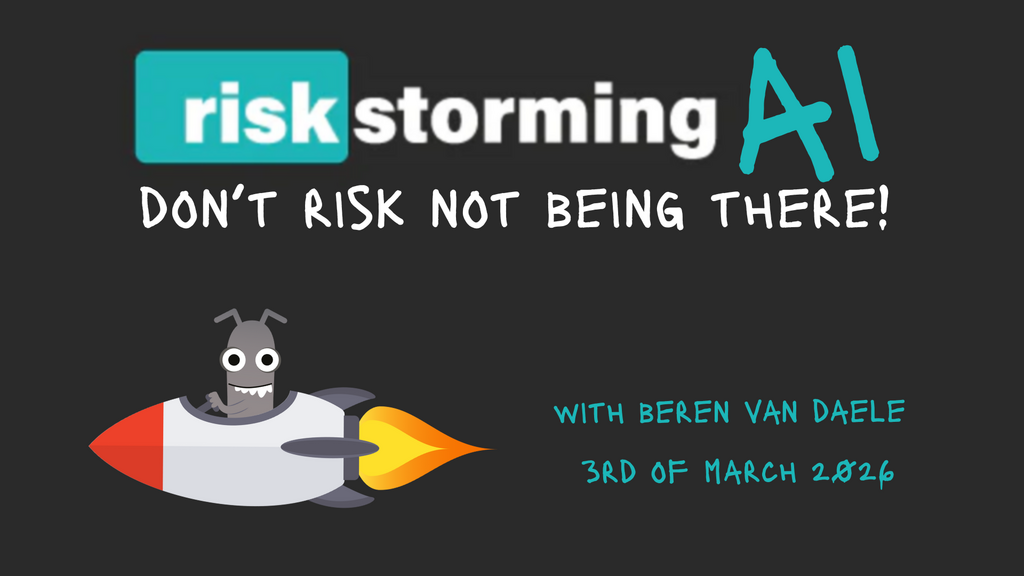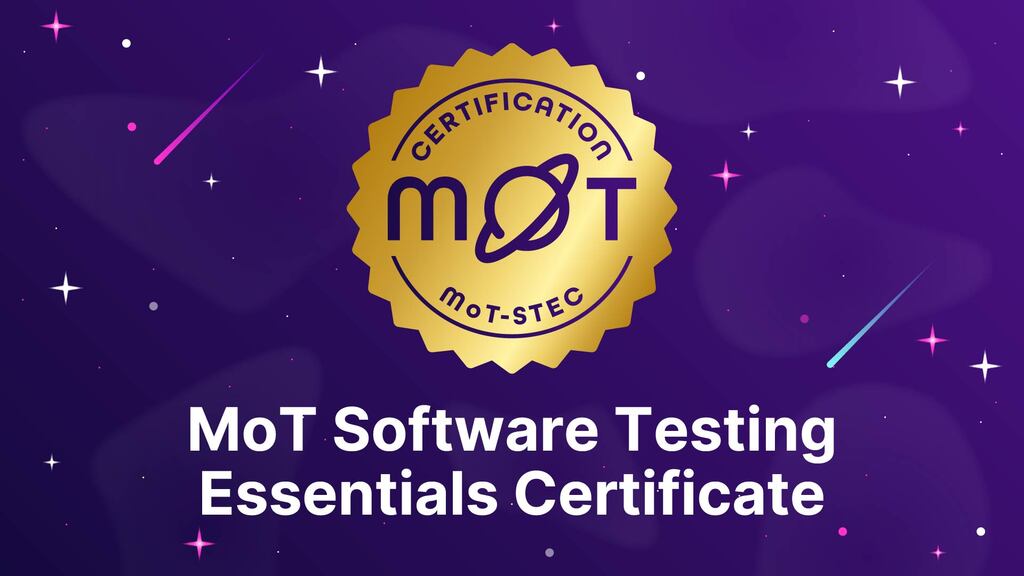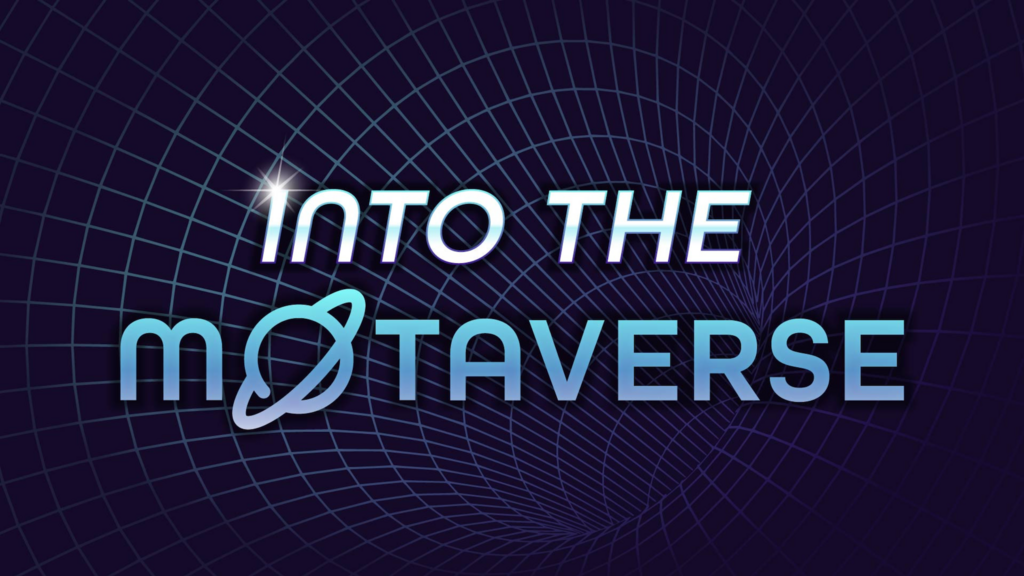Years ago, while finishing my bachelor’s degree in Computer Science, I started my internship at the biggest newspaper in Colombia. That is when I started coding for a living. Far from my dreams of using the latest technology, my first lines of code in a professional environment were written with Visual Basic 6.0 and Microsoft’s SQL Server. All our users were internal, so I could sit with them, understand their issues while using the application and give them a new version of the application with a bug fix, so they could check it and see if it was working as they expected. I didn’t know how lucky I was, having my users as friendly testers. Back then, I didn’t know testing was a thing.
Fast forward a few years, while finishing my master’s degree in Computer Science in Sweden, I landed my first job in Germany. All I wanted to do was to live in Europe a bit longer and see if I liked it enough to stay for good. The job? Software Development Engineer in Test. Having a role centred around testing applications was completely new to me, but I knew coding was involved, and that is what I mostly wanted to do.
I started testing APIs, which was fun and quite stable. Quickly after that, I started to work on testing web applications using Selenium WebDriver, which proved to be way more interesting than API testing. Testing web applications is challenging because many different things need to be in sync and in a healthy state. Having a stable test environment is not an easy task, the server hosting the application, its backend, third party services, they all need to be aligned so you can start testing your web application. But let’s not forget the most important detail: a web browser is a vital part of this process.
Selenium & Open Source
While getting more into Selenium WebDriver, I quickly understood that browsers need to be healthy and have enough resources to render your web application. I started to use Selenium Grid to scale up our test suite, run tests in parallel and get feedback faster. Along that process, I noticed that Selenium Grid had some opportunities to be improved.
That is when I started to work actively in open source.
After switching jobs, I started working with my friend Leo Gallucci, and we developed an open source project that extended Selenium Grid by adding video recording and providing a dashboard which allowed users to use cloud providers. This project was called Zalenium. We worked really hard to promote it, to give support to users, and to make the project useful for everyone.
While promoting it, we got to know Sauce Labs, which was the first company to support us with an open source plan to test Zalenium’s integration. A few months later, we had the opportunity to give our first big talk at the Selenium Conference, it was great to meet face to face some of the main contributors to Selenium and to meet the Sauce Labs folks who supported us in the project.
After working on Zalenium for a couple of years, I learned the most important lesson you can learn while working in open source:
Writing code, creating documentation, fostering a community, and promoting a project are all important things. However, growing and strengthening the maintainers’ group is equally or even more important.
Find a place that lets you follow your passion
All this led me to start contributing directly to the Selenium project, to get more involved in its development and to make it better for all users around the world. At this point I realized that open source and helping others through it is my passion and that I needed to find a job where I could do that as my main responsibility.
That is why I joined Sauce Labs, a company that has open source in its DNA, and that truly cares about Selenium being a healthy and successful project. I wasn’t hired to do only open source at the beginning, but I believe you need to create the environment and make the reasoning to get the job you want.
One year later after joining Sauce, together with Christian Bromann, we founded the Open Source Program Office at Sauce Labs. Our main goals are to enable and help all Sauce employees to do open source, support and contribute to open source projects that are important for the community and to innovate through open source inside and outside Sauce Labs. We also support many open source projects that need testing through our Open Sauce program.
Thanks to this effort, I am now able to focus much more on Selenium, to make the project better for everyone, and more importantly, to improve the project environment to grow and strengthen the maintainers team. A couple of examples of the work being done are Selenium’s governance model, where anyone can understand how to join the project, and the new user documentation, mostly led by user contributions across the globe.
What’s next
I have learned more during the last year about open source than in all my previous years altogether, taking care of and listening to the community is now more important than ever. Therefore, in the near future I will be focusing more on bringing those relevant messages from our users to both Selenium and Sauce Labs, and with that, collaborate to find solutions that work better for everyone. I’m very excited about what else we will achieve in the Selenium project and in the Open Source Program Office at Sauce.
Author’s Bio
Diego Molina is a Software Engineer who is fascinated by testing. He is a Selenium core committer. He loves enabling testers and developers by creating helpful testing tools and infrastructure and through versatile workshops.
Diego can often be spotted speaking at Selenium/Appium/Testing conferences and most of the time you can find him on the Slack channel for Selenium. Currently, he works at Sauce Labs as a Senior Software Engineer. Reach out to him on Twitter.




